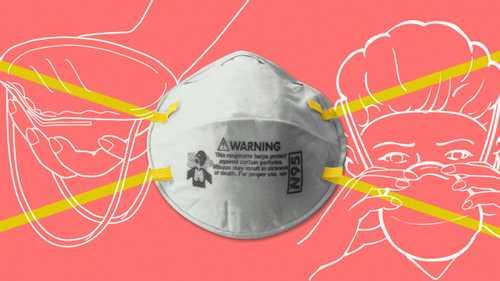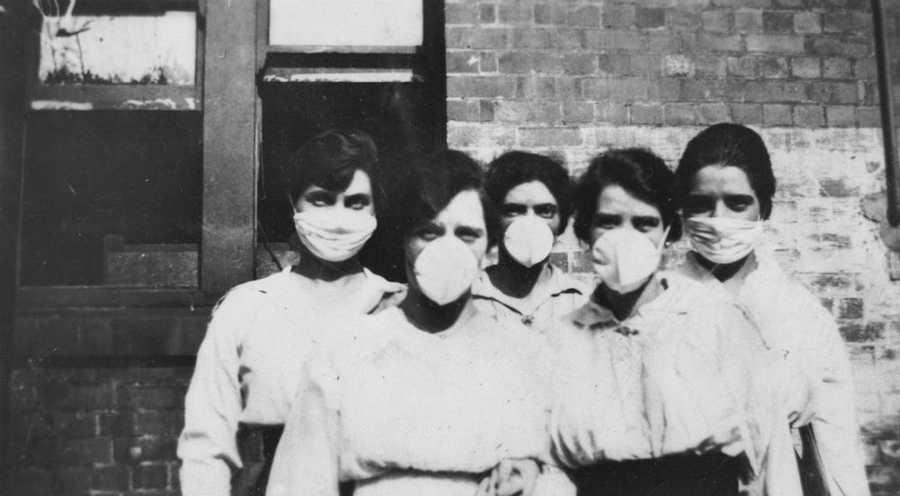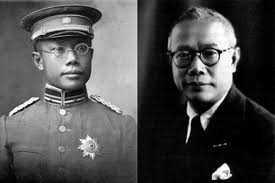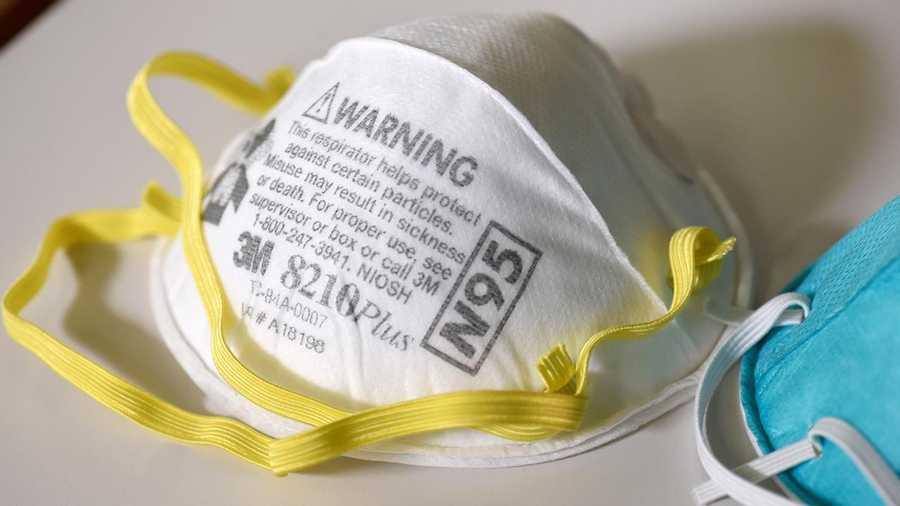The untold origin story of the N95 mask
Curated from: fastcompany.com
Ideas, facts & insights covering these topics:
5 ideas
·793 reads
7
Explore the World's Best Ideas
Join today and uncover 100+ curated journeys from 50+ topics. Unlock access to our mobile app with extensive features.
The mask
The mask - a flimsy polymer cup - fits tightly around the face and is capable of filtering 95% of airborne particles, such as viruses, from the air.
The firsts masks were cloth placed around the mouths and noses of people and were not meant to be against contagion. It was to stop the smell as people thought that the stench caused disease. By protecting themselves from the smell, people thought they'd be protected from the disease.
58
206 reads
Surgical masks
Doctors started wearing the first surgical masks in 1897. The masks were not designed to prevent airborne disease - that is still not the case today - but to prevent doctors from coughing or sneezing droplets onto wounds during surgery.
45
180 reads
The first modern respirator
During 1920, a plague broke out between a shared jurisdiction of China and Russia. The Chinese Imperial Court brought in a young doctor named Lien-teh Wu that determined that the plague was not spread by fleas but through the air. He expanded upon the surgery masks he'd seen in the West, and made it from gauze and cotton and added several layers of cloth to filter inhalations.
When the Spanish flu arrived in 1918, the mask was well-known among scientists and the public.
36
133 reads
The modern mask
- At first, the masks wrapped around your entire head to clean the air supply.
- Similar masks, loaded with fiberglass filter, began to be used in the mining industry to prevent black lung. It could be washed and reused.
- Although it saved lives, it was burdensome, and the dangers of inhaling asbestos became known.
- In the 1970s, the first single-use "dust" respirator was created.
28
123 reads
How the N95 respirator works
Instead of fiberglass, single-use respirators are made from melted polymer and air-blasted into layers of tiny fibers with bigger spaces between them.
As particles fly into this maze of fibers, they get stuck. An electrostatic charge is added to the material, so even smaller particles are pulled toward the fibers, while the big holes make it easy to breathe. The longer you wear an N95 respirator, the more efficient it becomes. But breathing becomes more difficult over time as the bigger holes get clogged up with particles.
45
151 reads
IDEAS CURATED BY
Alexandria Q.'s ideas are part of this journey:
Learn more about health with this collection
Strategies for promoting inclusivity
How to address unconscious bias
How to create a diverse and inclusive workplace
Related collections
Similar ideas
Read & Learn
20x Faster
without
deepstash
with
deepstash
with
deepstash
Personalized microlearning
—
100+ Learning Journeys
—
Access to 200,000+ ideas
—
Access to the mobile app
—
Unlimited idea saving
—
—
Unlimited history
—
—
Unlimited listening to ideas
—
—
Downloading & offline access
—
—
Supercharge your mind with one idea per day
Enter your email and spend 1 minute every day to learn something new.
I agree to receive email updates



